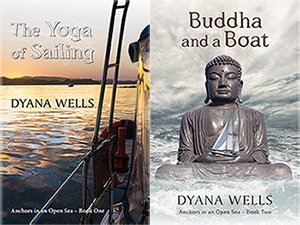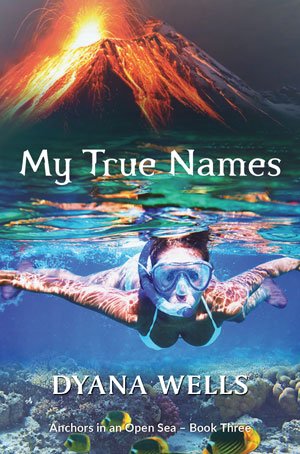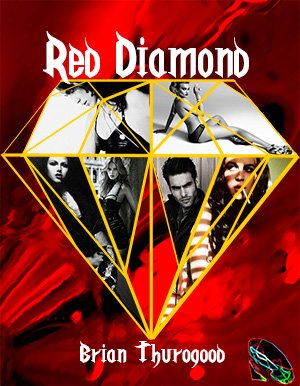 Buddha and a Boat is the second autobiographical novel in the Anchors in An Open Sea trilogy by Dyana Wells.
Buddha and a Boat is the second autobiographical novel in the Anchors in An Open Sea trilogy by Dyana Wells.
Alice and family return to their sailing, cycling and back-packing adventures through Vanuatu, New Caledonia and back to New Zealand. This time there are life-defining intersections to be navigated.
Three days out of Vanuatu, the wind turns back to the south-east, a broad reach, and Dream-maker is surfing. The pencil crosses on the chart leap-frog the distance to New Caledonia. – Buddha and a Boat
The physical joys and triumphs of her journey, and the inner spiritual explorations that are a key part of meaning for Alice, become entangled in the stormy outbreaks of her romance. When some of Alice’s family arrive to share a holiday, everything falls apart.
A great roar rises from our cockpit, trembling out into the unforgiving night.
‘My leg, my good leg! What am I going to do now?’
I stare down as he hauls himself up. ‘I can’t put any weight on it. I’m a total cripple. What am I going to do?’ – Buddha and a Boat
Twenty-five years on, Alice has grown up and becomes a source of inspiration and wisdom for her children as they encounter their own life challenges. As the family support and learn from each other, their shared human journey stands in stark contrast to Alice’s ‘blindness in romance’ experiences.
Maybe the hours of cycling, the rolling wheels, the pedals going up and down, the wind in my hair, maybe all of this silenced me, emptied me out completely into this bare experience of life. In the warm sun, a cool breeze climbs over my naked limbs and the crocodile-jaw leaves throw their zigzag shade. I start chuckling, because I can tell life isn’t my concept of it. When I move, this painfully exquisite moment will disappear. I chuckle with a kind of misery because it is clear to me that what is so precious has no meaning – it is nothing until I tie it up with my mind and give it a name.
There is no way to hold onto any of it. What I hold onto is dead – a concept, a memory. The living moment, the beauty, the truth, tumbles like breaking waves and disappears as it is still forming. To grasp at it, to try and freeze it, would be like pinning an albatross to the ground and then saying, ‘This is an albatross’. I realize that the act of grasping makes the sacred profane. This is what the Buddha said, “Give up all clinging and the truth shall appear.”
I turn my back on the moment. I pick up my bike and cycle back along the same dusty road, away from my freedom – I can’t do anything with this freedom.
The Anchors in An Open Sea trilogy is packed full of sailing adventures and romance, never far from the search for meaning and love. Alice explores life in the Pacific islands – sailing, cycling and backpacking – to find her answers.



